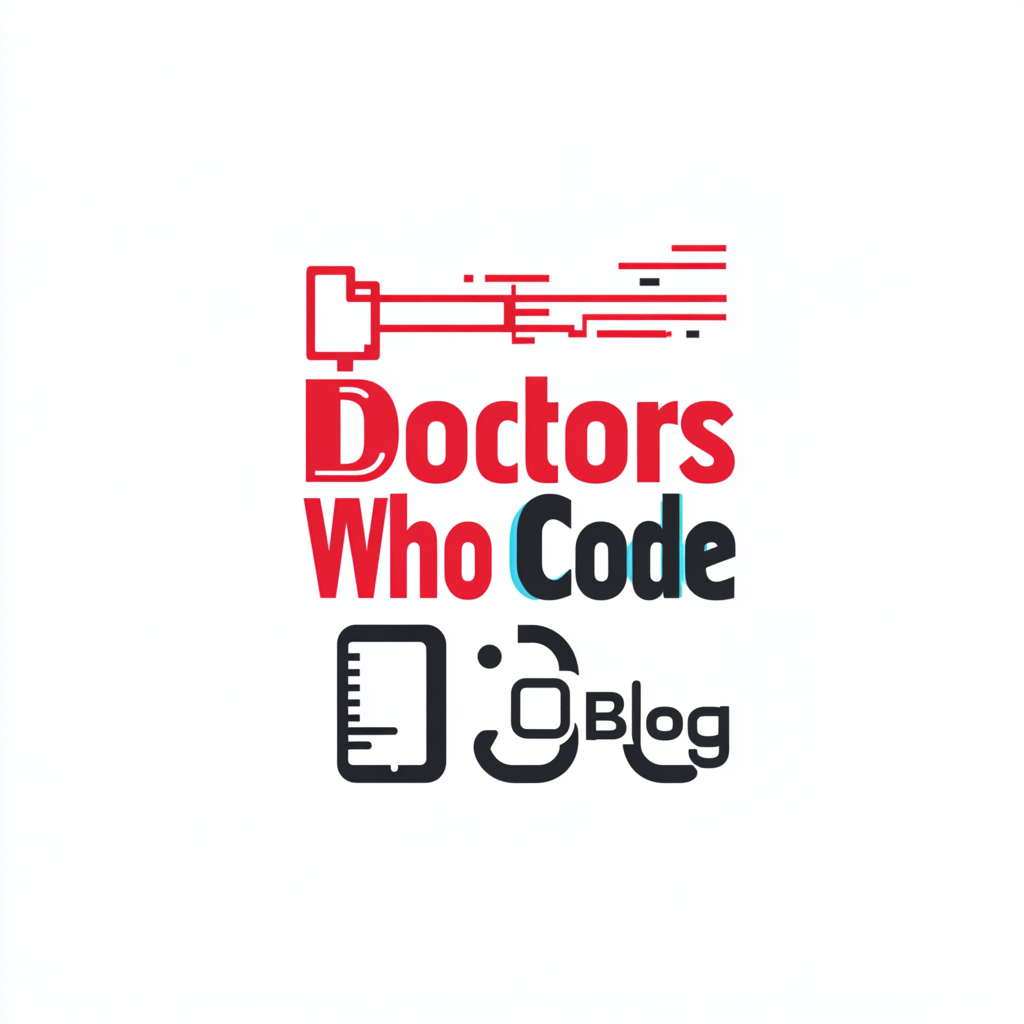
Introduction
Here is a Deep Dive into this topic.
Every year, countless families face the heartbreak of preterm birth, with preterm premature rupture of membranes (PPROM) playing a significant role. Imagine if cutting-edge technology and natural remedies like probiotics could come together to rewrite this story.
This isn’t science fiction; it’s a growing possibility. Recent breakthroughs in probiotics research and artificial intelligence (AI) have opened the door to innovative solutions. But how exactly can AI accelerate our understanding of probiotics in preventing PPROM? Let’s dive into the intersection of these two fascinating fields and explore a future where they might save lives.
The Role of Probiotics in Preventing Preterm Birth
Probiotics—the live microorganisms often heralded for their health benefits—have long been recognized for their role in gut health. But recent research suggests a more targeted application: maintaining the vaginal microbiome to prevent infections that could lead to PPROM.
For example, a 2021 study published in the American Journal of Obstetrics & Gynecology found that Lactobacillus-dominant microbiomes were associated with a reduced risk of preterm birth. These findings underscore the potential for probiotics to serve as a preventative tool, but many questions remain unanswered. Which strains are most effective? What are the optimal dosages? And can probiotics be tailored to individual microbiome profiles?
How AI Can Advance Probiotics Research
AI and machine learning are transforming fields as diverse as finance and healthcare, and probiotics research is no exception. Here’s how AI is already contributing to advancements in this area:
- Literature Review and Hypothesis Generation
- Researchers are using AI models like GPT-4 to analyze thousands of studies in minutes. For example, an AI-powered review of microbiome research published in Nature Biotechnology highlighted previously overlooked connections between probiotic strains and specific maternal-fetal outcomes.
- This capability accelerates hypothesis generation, allowing researchers to focus on the most promising avenues for clinical trials.
- Microbiome Data Analysis
- Sequencing the vaginal microbiome generates massive datasets. Machine learning models can process this data to identify patterns that correlate specific microbiota compositions with reduced PPROM risk.
- For example, a study using deep learning to analyze microbiome data found that Lactobacillus crispatus was particularly effective in maintaining vaginal health during pregnancy.
- Predictive Modeling for Clinical Outcomes
- AI has been employed to develop predictive models that estimate the likelihood of PPROM based on patient data. These models integrate variables such as microbiome composition, patient history, and lifestyle factors to provide actionable insights for clinicians.
- Streamlining Clinical Trial Design
- AI can identify suitable candidates for clinical trials by analyzing electronic health records and microbiome profiles. In a recent trial, AI algorithms reduced recruitment time by 30% while ensuring a diverse and representative sample.
- Patient Education Through Natural Language Processing
- Natural language processing (NLP) tools are being used to create accessible educational materials for patients. For instance, a chatbot developed by a maternal health organization provides tailored advice about probiotics to expectant mothers, simplifying complex medical information into easy-to-understand language.
The Intersection of Data and Stories
Consider this scenario: Maria, a 32-year-old expectant mother, had a history of preterm birth linked to PPROM. During her second pregnancy, her healthcare provider suggested participating in a trial involving probiotics and AI-driven monitoring. Her microbiome profile was analyzed using AI, which recommended a personalized probiotic regimen.
Throughout her pregnancy, Maria received updates via a mobile app powered by AI, which tracked her progress and provided educational tips.
This combination of technology and biology not only helped Maria carry her pregnancy to term but also provided invaluable data for future research.
Challenges and Ethical Considerations
While the potential of AI in probiotics research is exciting, challenges persist:
- Data Privacy: Handling sensitive microbiome data requires robust safeguards to protect patient confidentiality.
- Bias in AI Models: AI algorithms must be trained on diverse datasets to ensure accuracy and avoid disparities in recommendations.
- Regulatory Compliance: Incorporating AI into clinical trials must align with regulatory standards to maintain patient safety.
Conclusion
The integration of probiotics and AI offers a promising frontier in maternal-fetal medicine. By leveraging the strengths of both fields, we can envision a future where personalized probiotic treatments prevent complications like PPROM, giving more families the chance to welcome healthy, full-term babies. For doctors and developers alike, this is an opportunity to collaborate at the cutting edge of science and technology.
Call to Action
Have you seen examples of AI transforming research or clinical practice in your field? Share your insights in the comments below, or let’s brainstorm ways to bridge the gap between healthcare and technology.
References
- American Journal of Obstetrics & Gynecology. (2021). The role of Lactobacillus-dominant microbiomes in preventing preterm birth.
- Nature Biotechnology. (2022). AI-powered review of microbiome research: Emerging insights and trends.
- Clinical Microbiology and Infection. (2020). Probiotics in pregnancy: Evaluating efficacy and safety.
- Journal of Maternal-Fetal & Neonatal Medicine. (2019). Predictive modeling of preterm birth using machine learning.
- Obstetrics & Gynecology Science. (2023). The impact of AI on clinical trial design and patient recruitment.
- Maternal Health Organization. (2024). Chatbot-based patient education for probiotics in maternal care.
